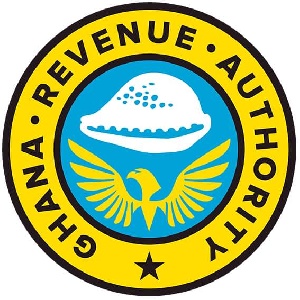- Home - News
- Elections 2024
- News Archive
- Crime & Punishment
- Politics
- Regional
- Editorial
- Health
- Ghanaians Abroad
- Tabloid
- Africa
- Religion
- Photo Archives
- Press Release
General News of Sunday, 27 April 2025
Source: www.ghanawebbers.com
More Ghanaians endorse military intervention if elected leaders abuse power – Report
A growing number of Ghanaians support military intervention in politics. This is according to the 2024 Afrobarometer findings. The survey was conducted by the Centre for Democratic Development-Ghana (CDD-Ghana). It shows that 51% of citizens believe the military should take control if leaders abuse their power. This is an increase from 40% in 2022.
Opposition to military involvement is declining. The percentage of Ghanaians who believe the military should never intervene fell from 55% in 2022 to 47% in 2024. These findings were shared at a regional event in Kumasi, organized by CDD-Ghana and the Centre for Community Livelihood Development.
The program received support from Deutsche Gesellschaft für Internationale Zusammenarbeit (GIZ). It is part of the Participation, Accountability, Integrity for Resilient Democracy (PAIReD) initiative. This initiative is co-funded by the European Union and Switzerland's State Secretariat for Economic Affairs.
A concerning trend is that youth are more supportive of military intervention. Fifty-two percent of respondents aged 18–25 favor a military takeover if leadership fails. Support rises to 56% among those aged 26–35. There are also gender differences; 53% of men and 48% of women support military involvement under these conditions.
Ms. Mavis Zupork Dome, Senior Research Analyst at CDD-Ghana, presented the findings. She noted public opinion on post-military takeover options is divided. Forty-one percent want a gradual return to civilian rule, even if it takes years. Thirty-eight percent prefer an immediate return to civilian governance.
Another 14% would accept indefinite military rule if it benefits the nation. Mr. Jonathan Donkor, Technical Advisor at GIZ, emphasized citizen engagement in governance. He stated that including citizen voices leads to better policies that meet people's needs.
He also highlighted how data-driven initiatives like Afrobarometer help connect citizens with policymakers. The findings reveal growing disillusionment with democratic leadership in Ghana, especially among youth. There is an urgent need for stronger governance and civic education to protect democracy in Ghana.











